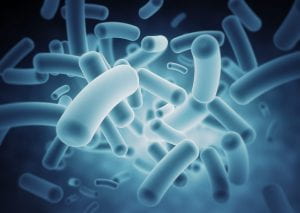Recently, scientists have tried to identify a correlation between the foods we eat and the microbes found in our gut. Although they were not successful in finding an answer, what they did find could be even more important in our understanding of the human gut microbiome. Two studies were conducted, one where microbes were compared between normal people, and another where microbes were compared between normal people and elite runners – all of these people ate the foods they would normally eat. Both of these studies were important in revealing the ways our diet does not impact the microbes found in our gut.
The study between regular individuals revealed that “each person has that unique mixture [of microbes] that’s special to only them” and that the same food can have drastically different effects in different individuals. Even people that consistently ate the same foods experienced changes in their microbiome. The study comparing elite runners to regular individuals found that the runners had a greater amount of microbes from the genus Veillonella after doing extreme exercise. Veillonella feast on lactate and make propionate which was found to raise heart rate and oxygen use in mice, as well as boost human metabolism. Mice given the Veillonella atypica from the runners were found to run for 13 percent longer than the mice in the control group. This study showed that it was the exercise, rather than diet, which contributed to the Veillonella in the gut microbiome, although lactate allowed the microbes to grow. Both studies concluded that they would need a larger sample to make any concrete conclusions, but they both show that diet does not determine the human gut microbiome as many thought.



Leave a Reply